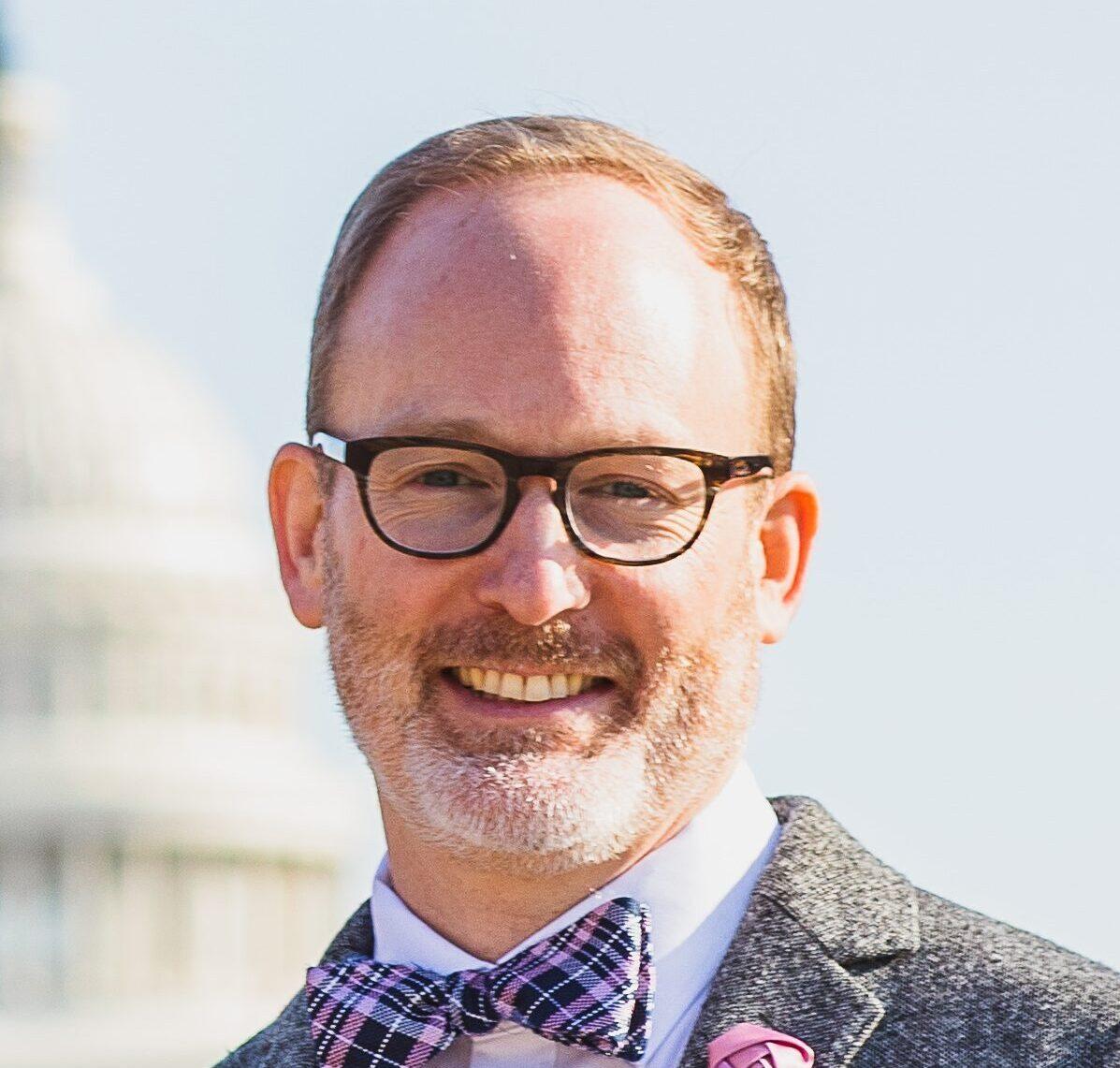The Development and Experiences of Character Development Learning Institute Implementation Teams
Efforts to implement new policies, programs, or practices can be challenging, especially when the individuals leading or implementing the changes must juggle multiple responsibilites—as is often the case in nonprofit organizations. When the YMCA of the USA (Y-USA) launched the Character Development Learning Institute (CDLI; see textbox below for more information), the organization required that participating local YMCAs (Ys) establish implementation teams to guide their CDLI efforts.
Download
The National Implementation Research Network (NIRN), a leader in implementation science, describes implementation teams as core groups of individuals with expertise to guide the planning and implementation of a new policy, program, or practice. Implementation teams are tasked with four phases of work: exploring and identifying strategies to address problems, installing the systems necessary to put those strategies into practice, initiating the first phase of implementation, and completing full implementation following an assessment of the first phase. Such work often requires three years or more to reach full implementation. Implementation teams develop a specific plan for delivering an initiative or program within a specific context and setting, and actively monitor that plan and address challenges in a timely manner.
To support implementation teams, Y-USA provided Ys with several tools to guide the implementation process and offered ongoing support by assigning Ys to one of two different models: peer support or a Y-USA technical advisor (see 5 Things to Know About the Y-USA’s Peer-Supported Technical Assistance Model and 5 Things to Know About the CDLI Guided Sites for more information about each model). This brief describes the role of implementation teams and summarizes the experiences of local Ys—both positive and negative—in using this approach during their participation in the CDLI. While these experiences were part of a Y-USA initiative, we expect that some challenges and lessons learned may be instructive to other organizations seeking to implement new policies, programs, or practices.
Related Content
- 5 Things to Know about How Y-USA’s Technical Advisors Supported CDLI Sites
- 5 Things to Know About the Y-USA’s Peer-Supported Technical Assistance Model
- Strategies for Developing a Mutually Beneficial Researcher-Practitioner Partnership
- Promoting Character Development in Youth Programs through Professional Development for Staff and Volunteers
- Lessons Learned for Improving Diversity, Equity, and Inclusion from Y-USA’s Out-of-School Time Programs
Download
© Copyright 2024 ChildTrendsPrivacy Statement
Newsletter SignupLinkedInYouTube

